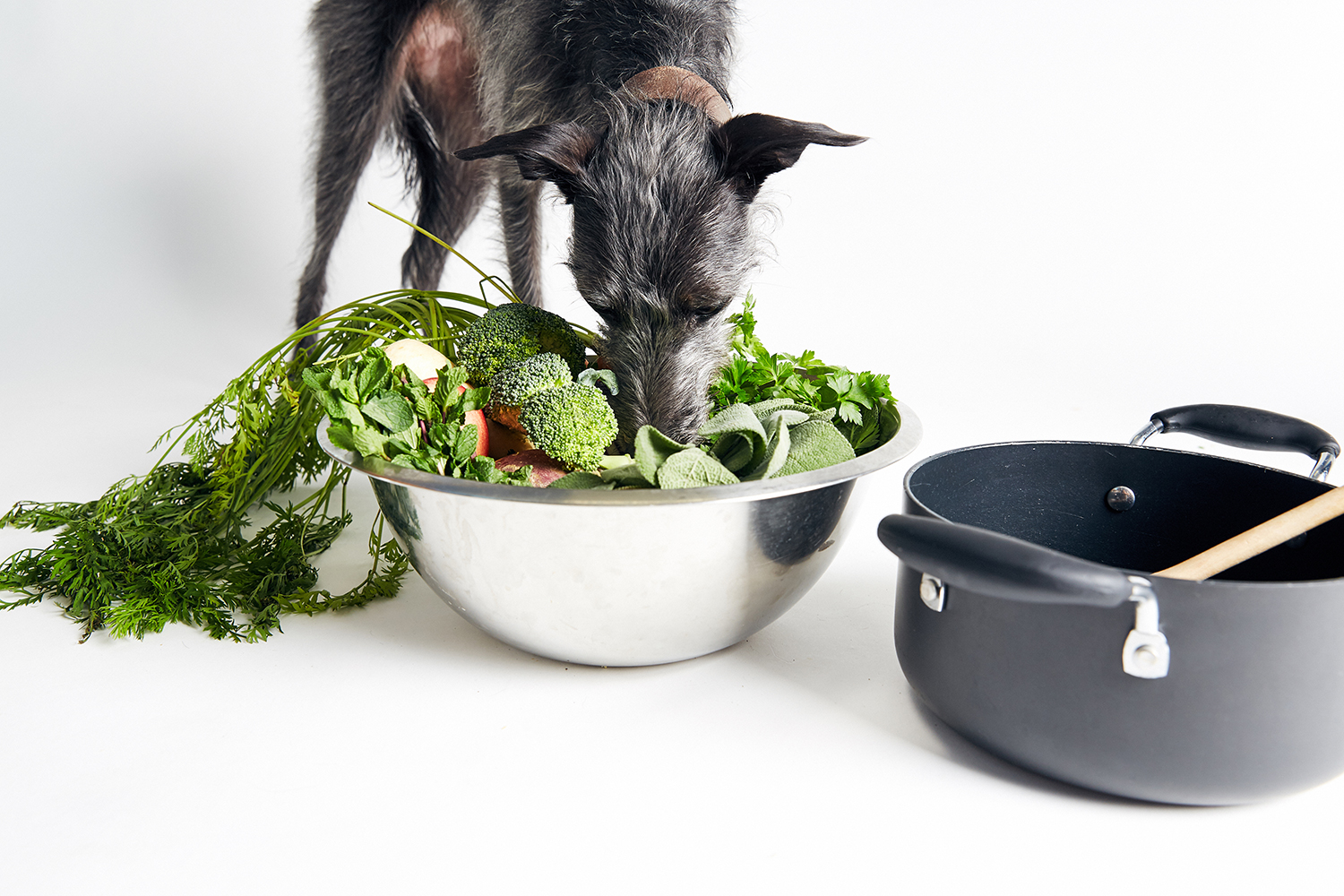What Is The Best Diet For Dogs?
What Is The Best Diet For Dogs?
Feeding your dog a balanced, natural diet is vital to their overall health and wellbeing. With approximately 50% of our dogs being classified as overweight or obese, it is also crucial to consider how much, as well as what, you feed your dogs for optimal health.

What is a complete and balanced diet?
If a dog food is labelled ‘complete and balanced’ it signifies that the food contains all the essential nutrients to meet dogs’ requirements. These nutrients are balanced in a way that ensures all nutrient requirements are met once the energy requirement (calories) is reached.
Dog food may be labelled as ‘complete and balanced’ for a certain life stage, e.g. ‘puppy’ or may be appropriate for ‘all life stages’. Such foods must contain appropriate levels of the following essential nutrients:
Carbohydrates
Carbohydrate is not an essential nutrient to dogs as they are able to make their own glucose from amino acids. However, carbohydrates can be used by dogs as:
- an energy source and
- as a source of fibre which is beneficial for gut health.
The right level of dietary fibre can help to optimise intestinal transit time but too little or too much fibre can compromise faecal quality.
Fat
All fats are made from fatty acid building blocks and dogs require a balance of fatty acids. Essential fatty acids must be present in the diet as the dog is unable to make them. Fats have many important roles to play within the body including:
- being part of each cell membrane;
- being needed for some hormone formation;
- playing a role in controlling inflammation and
- nerve transmission.
Fat is an energy dense nutrient and often improves meal palatability.
Protein
Protein within the dog’s body is in a constant state of flux and is essential for
- growth
- the maintenance of muscle, hair and nails
- the immune system and hormone production and
- to transport some nutrients around the body.
Like fat, protein content contributes to palatability.
Vitamins
Vitamins A,B,C,D,E and K are essential for dogs’ health and are present in a variety of foods, including fruit and vegetables; meat, poultry, offal, fish, fish oil and eggs.
Vitamins help your dog process other nutrients and without the right balance of vitamins your dog can’t grow, repair and maintain health properly.
Vitamin C and the Vitamin B complex are water soluble and are continually flushed out of the body. Dogs can produce Vitamin C but the B Vitamins must be topped up regularly.
Vitamins A, D, E and K are stored in body fat and both an excess and deficiency can be detrimental to health.
Minerals
In conjunction with vitamins, minerals have important roles to play within the body. Minerals are inorganic elements that make up only about 4% of an animal’s body weight, nonetheless, the essential minerals must be present in the diet to sustain life and maintain health.
Excesses or deficiencies of some minerals can significantly affect the body’s ability to use other minerals in the diet. Therefore, the level of most minerals is considered in relation to other dietary components in order to achieve optimal dietary balance.
Do you know what’s in your dog food?
It is very important to always check the label before you feed you dog. Here at Different Dog, we do all the hard work for you by providing your dog with fresh, hand cooked food that has been nutritionally balanced by our pet nutritionist so you can ensure your dog is thriving!



